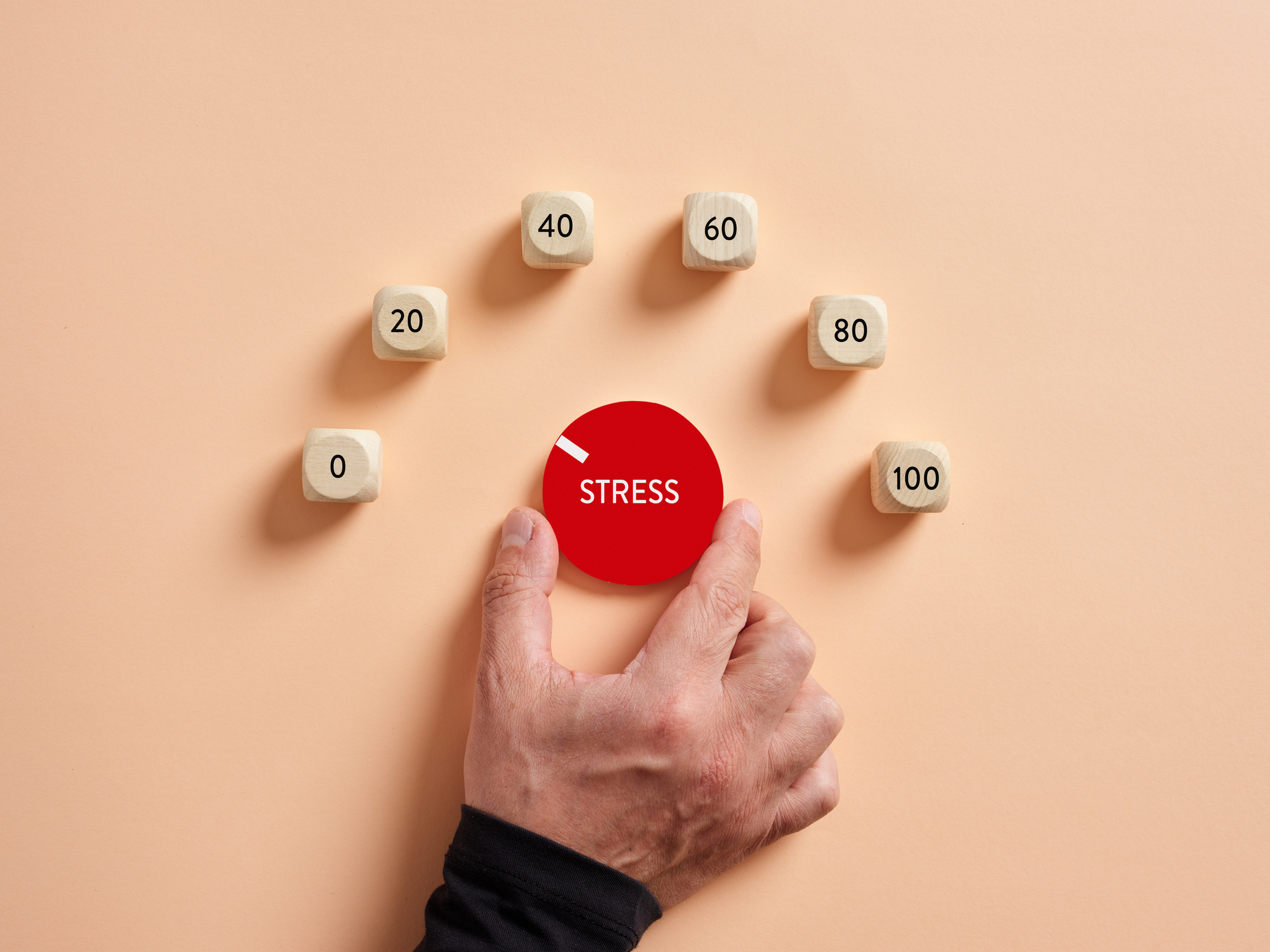Get Easy Health Digest™ in your inbox and don’t miss a thing when you subscribe today. Plus, get the free bonus report, Mother Nature’s Tips, Tricks and Remedies for Cholesterol, Blood Pressure & Blood Sugar as my way of saying welcome to the community!
How to put stress to work for a better brain

You’ve heard us say many times here that stress is a killer.
It increases cancer risk and even makes it more likely that cancer will reoccur.
Stress can also damage your brain, and high levels of cortisol, the stress hormone, can trigger diabetes.
But can stress ever be good for you?
Surprisingly, if kept to a minimum, being under stress can actually improve the way your brain functions, and help you get through the day with less trouble than you would without it.
Here’s what you need to know to make stress work for you…
The effects of constant high levels of stress
Chronic high stress can increase susceptibility to illness, including conditions such as nausea, migraine, hypertension and heart disease.
Stress levels that are constantly high can also cause the structure of your brain to change. Specifically, constantly high stress leads to less gray matter and more white matter.
That’s a problem because gray matter is what you need to make decisions, control your muscles (and your behavior), and regulate your emotions — so less of it makes all of these things harder.
But it seems that a lower “hum” of stress in your life can have the opposite effect…
Low to moderate stress improves working memory
A study at the University of Georgia found that low to moderate levels of stress can improve working memory.
Your working memory holds onto the short-term information you need to complete everyday tasks, like someone’s phone number, or directions on how to get to a specific location.
I know that when I’m under severe stress, it becomes next to impossible to pull even simple information from my brain.
The researchers in the present study analyzed MRI scans of more than 1000 people who took part in the Human Connectome Project. Funded by the National Institutes of Health, the project’s aim is to map the human brain and provide insight into its workings.
The results of the MRI scans suggested that people who reported low to moderate stress levels had increased activity in the parts of the brain that involve working memory. Participants who said they experienced chronic high levels of stress showed some cognitive decline in those areas.
So, how do you achieve the right level of stress?
This begs the question: how do you get some stress into your life, which can be helpful, without going overboard and becoming chronically stressed?
The general term for “good stress” is eustress.
As opposed to “distress,” eustress is the normal, expectable stress that comes along with experiences and situations that challenge us.
This means that never getting out of that “comfort zone” you hear so much about could actually dull your mental faculties.
Here are some examples of the type of low to moderate stress that could sharpen your working memory:
Taking on a new project at work. There’s a low level of stress because you’re concerned that the project will be successful. But there’s also the positive stress of delving into new and challenging territory.
Traveling to a new place. Thirty years ago, I traveled to Europe for the first time, on my own. I still remember the stress of finding my way around, exchanging money, and not speaking the language. But it was balanced by the pleasure of exploring a new place and meeting new people. Try new experiences that may make you a little nervous at first, but can also be fun, even thrilling.
Exercise. Challenging yourself physically creates the low to moderate stress we’re looking for. We’re not talking about pushing yourself beyond your body’s abilities. But trying a new activity, sport or class, or pushing yourself to run that extra mile, or lift that extra pound, can provide the type of stress that’s healthy.
And of course, music and the right diet can lower that high-level stress and improve not only your brain health but your overall well-being.
Editor’s note: While you’re doing all the right things to protect your brain as you age, make sure you don’t make the mistake 38 million Americans do every day — by taking a drug that robs them of an essential brain nutrient! Click here to discover the truth about the Cholesterol Super-Brain!
Sources:
Low to moderate stress is good for you — Eureka Alert
Low-to-moderate level of perceived stress strengthens working memory: Testing the hormesis hypothesis through neural activation — Science Direct
Some types of stress could be good for brain functioning — University of Georgia
What is Eustress? A Look at the Psychology and Benefits — Postitivepsychology.com













